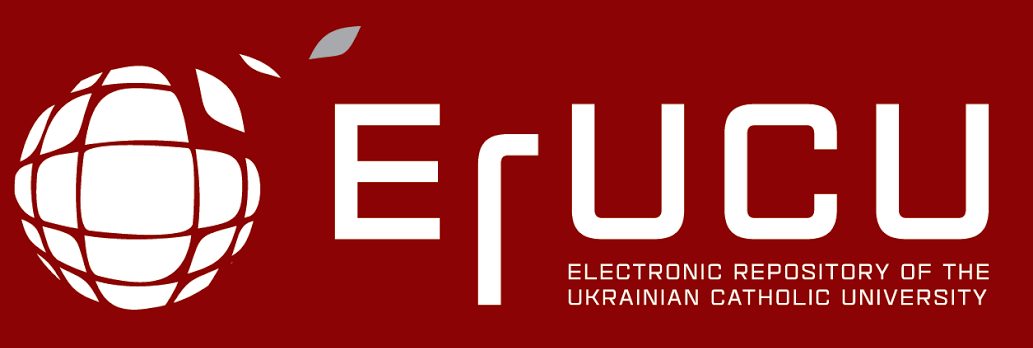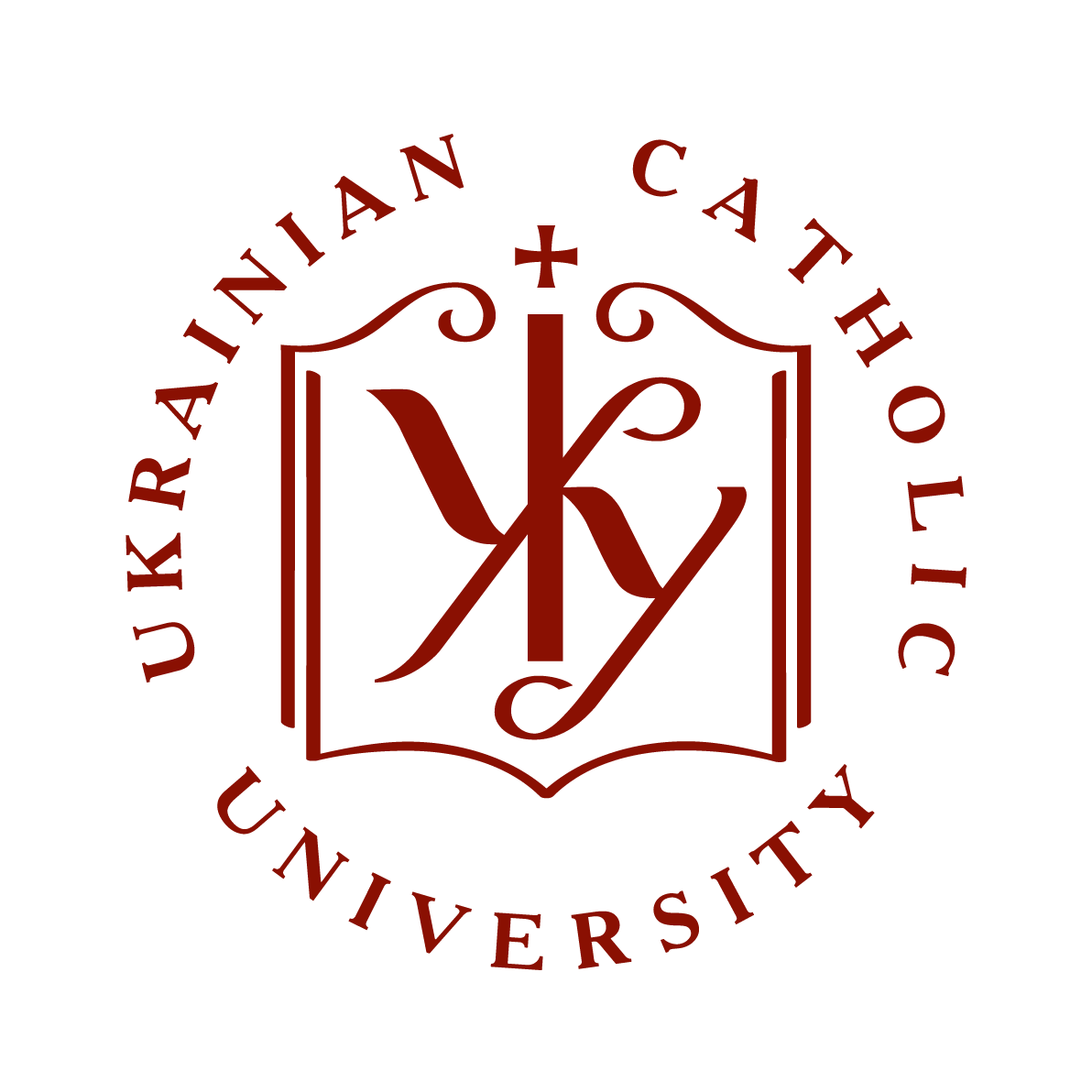Сценарії JavaScript вимкнено для Вашого браузера. Деякі функції цього сайту не будуть працювати без них.
| dc.contributor.author | Kashchuk, Oleksandr, Олександр Кащук
|
|
| dc.date.accessioned | 2018-01-15T18:53:48Z | |
| dc.date.available | 2018-01-15T18:53:48Z | |
| dc.date.issued | 2017-09-15 | |
| dc.identifier.citation | Holy Scripture in the Monothelite Controversy: The Standpoint of Maximus the Confessor // Vox Patrum. – Z. 37. – T. 68. – Lublin 2017, – S. 465-477. | uk |
| dc.identifier.uri | http://er.ucu.edu.ua/handle/1/1171 | |
| dc.description | Стаття | uk |
| dc.description.abstract | Позиція св. Максима Ісповідника щодо біблійної аргументації в монофелітській суперечці полягає у застосуванні переважно буквального тлумачення Нового Завіту. Однак в окремих випадках він застосовував також алегоричну та типологічну інтерпретацію. Біблійна аргументація не була самодостатньою, щоб бути переконливою, тому вона вимагала додаткового авторитету і пояснення. | uk |
| dc.language.iso | en | uk |
| dc.publisher | Vox Patrum, KUL Jana Pawła II, Lublin | uk |
| dc.subject | Holy Scripture, Monotheletism, Maximus Confessor, scriptural argumentation | uk |
| dc.title | HOLY SCRIPTURE IN THE MONOTHELITE CONTROVERSY. THE STANDPOINT OF MAXIMUS THE CONFESSOR | uk |
| dc.type | Article | uk |
| dc.status | Опублікований і розповсюджений раніше | uk |
| dc.description.abstracten | The position of Maximus the Confessor concerning the biblical argumentation in the dispute with Monotheletism consists in applying predominantly the literal approach to the interpretation of the New Testament. Since it was a Christological question, the New Testament played a substantial role. However, there are several instances of where Maximus applies allegorical and typological mode of interpreting the particular passages. Biblical argument is not sufficient on its own to be persuasive in theological discussion, therefore it requires additional support and explanation. | uk |
| dc.relation.source | Vox Patrum | uk |
Files in this item
This item appears in the following Collection(s)
-
Інше [13]
Other


